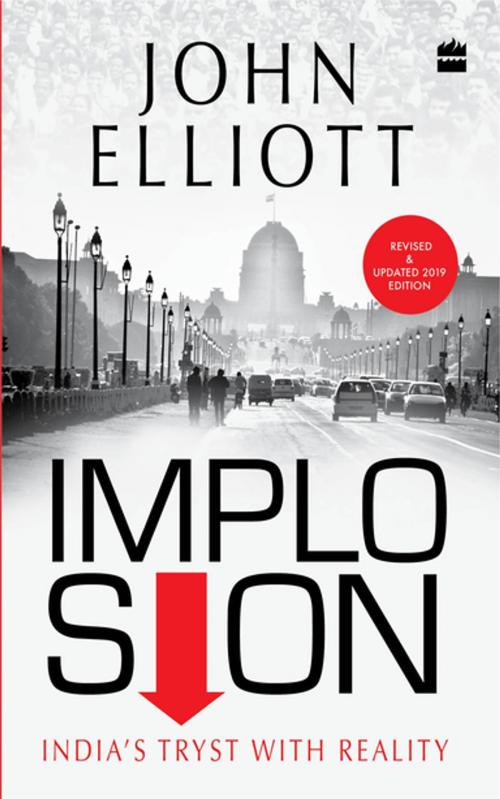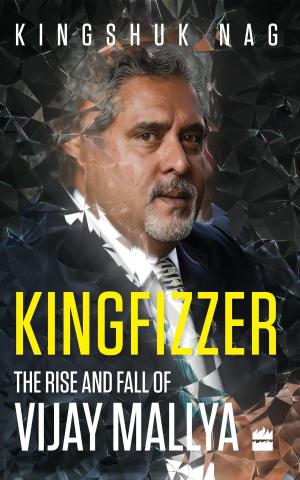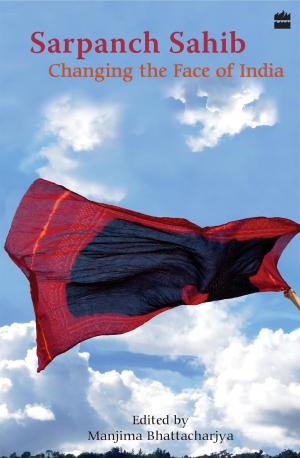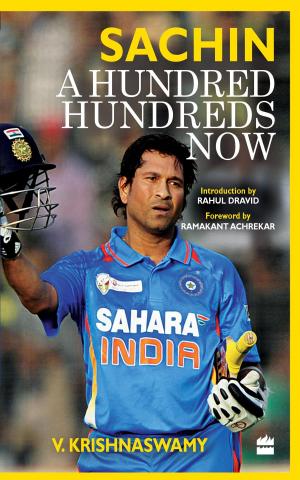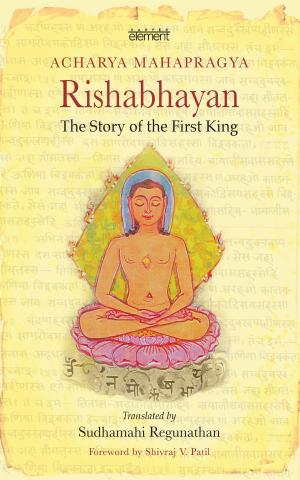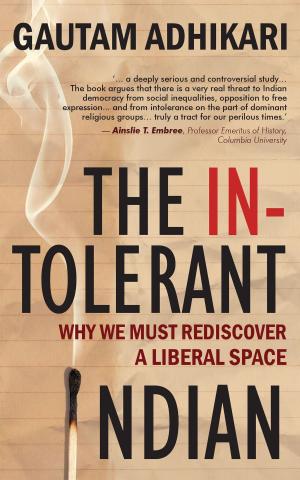| Author: | John Elliott | ISBN: | 9789350297360 |
| Publisher: | HarperCollins Publishers India | Publication: | March 2, 2014 |
| Imprint: | Harpercollins | Language: | English |
| Author: | John Elliott |
| ISBN: | 9789350297360 |
| Publisher: | HarperCollins Publishers India |
| Publication: | March 2, 2014 |
| Imprint: | Harpercollins |
| Language: | English |
Revised and updated 2019 edition with an analysis of the Modi years India continues to punch below its weight, failing to achieve what it could and should be doing. It has the vast potential of a population of over a billion people, abundant natural resources and an ancient culture, yet it constantly disappoints admirers and validates the views of critics. These failings have generated a widespread clamour for a better India, which, in part, led to Narendra Modi being elected India's prime minister in 2014, with an agenda for change that could begin to reverse the years of drift. But, as John Elliott elaborates in the new preface to this 2019 edition of Implosion that traces Modi's rise and his 2014 election victory, and with a long new chapter examining the BJP government's performance, Modi was not able to do what was needed to fulfil his 'achhe din' promise. Policies and initiatives have produced far less than was needed, and there has been a serious decline in social cohesion, with an acceleration of attacks on individual freedoms. India now has to choose between two sharply contrasting futures, says Elliott: to become a primarily Hindu nation, with Muslims and other minorities being regarded as second-class citizens; or to continue with the tolerant secular traditions set by Jawaharlal Nehru, India's first prime minister. The 2019 elections will decide which path India is to take.
Revised and updated 2019 edition with an analysis of the Modi years India continues to punch below its weight, failing to achieve what it could and should be doing. It has the vast potential of a population of over a billion people, abundant natural resources and an ancient culture, yet it constantly disappoints admirers and validates the views of critics. These failings have generated a widespread clamour for a better India, which, in part, led to Narendra Modi being elected India's prime minister in 2014, with an agenda for change that could begin to reverse the years of drift. But, as John Elliott elaborates in the new preface to this 2019 edition of Implosion that traces Modi's rise and his 2014 election victory, and with a long new chapter examining the BJP government's performance, Modi was not able to do what was needed to fulfil his 'achhe din' promise. Policies and initiatives have produced far less than was needed, and there has been a serious decline in social cohesion, with an acceleration of attacks on individual freedoms. India now has to choose between two sharply contrasting futures, says Elliott: to become a primarily Hindu nation, with Muslims and other minorities being regarded as second-class citizens; or to continue with the tolerant secular traditions set by Jawaharlal Nehru, India's first prime minister. The 2019 elections will decide which path India is to take.
